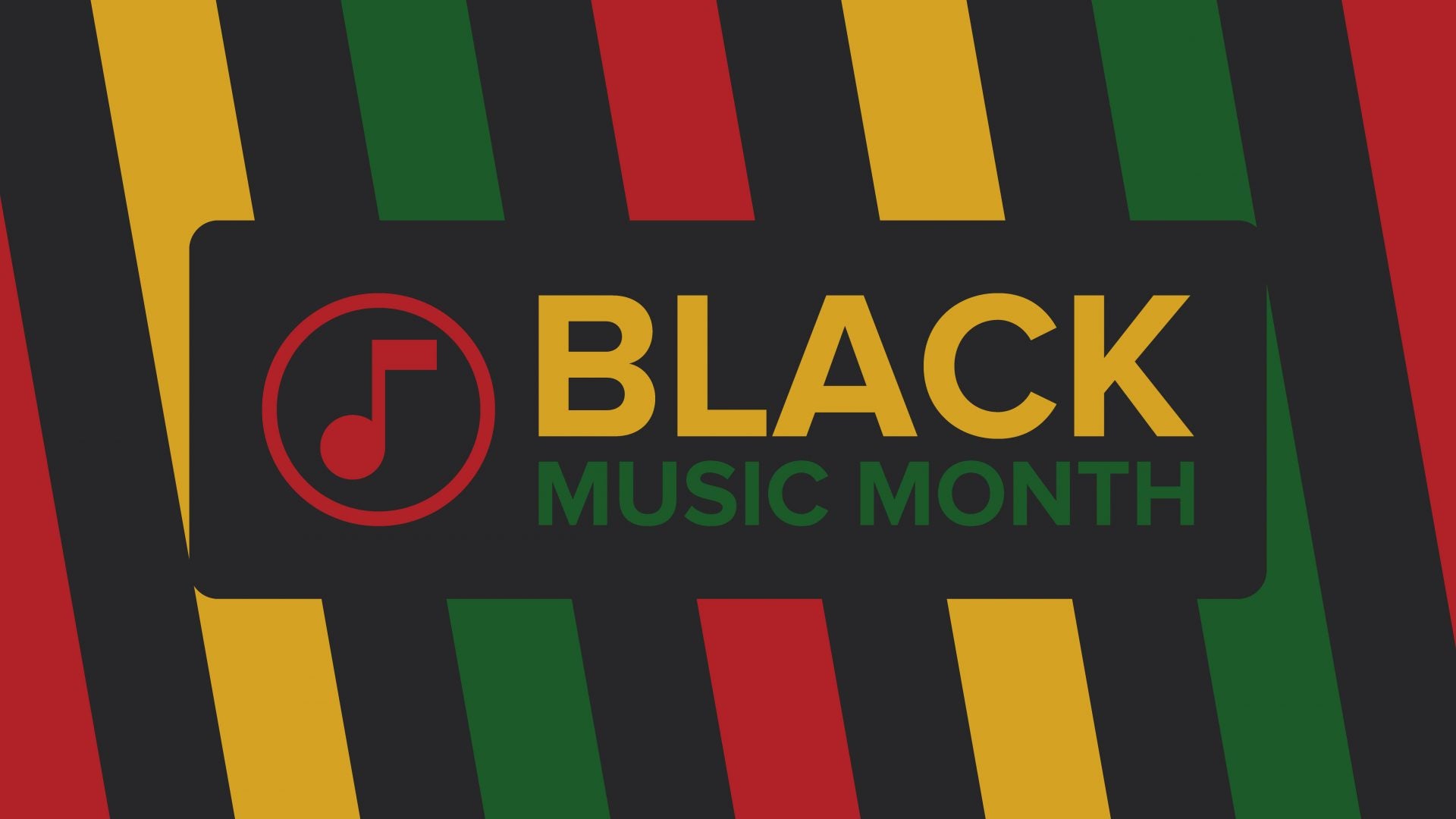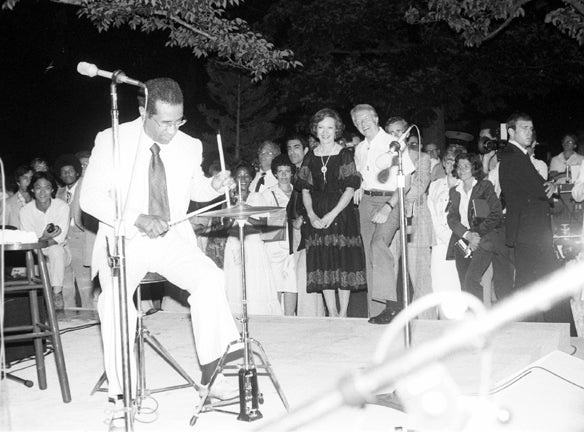
June is Black Music Month and it has been since 1979 when former President Jimmy Carter issued a decree to honor the obvious and abundant contributions made by Black musicians in the United States.
But let’s be real: it was a movement even before Carter hosted an event to commemorate Black Music Month on the White House lawn.
In fact, it was a Black woman—industry icon and radio personality Dyana Williams—and the incredible Kenny Gamble, half of the iconic production duo Gamble & Huff, who is credited with launching the Philadelphia soul sound of the 1970s and officially made Black Music Month a thing.
Their intention was to preserve, promote and protect Black music in the same meticulous and revered way that Country music was regarded.
Black Music Month is the celebration of music period because Black music is the basis for al American music. Let’s not play Black influence small. This is a big deal. Blackness has created so much of the musical fabric of America—a month isn’t enough time to celebrate it, but we’ll take it.

Black Music Month is bigger than a celebration; it’s education, history and the historical receipts of our cultural contributions to this country.
Check out The OverExplainer above, which breaks down the meaning of Black Music Month and explains why the theft of Black music matters.